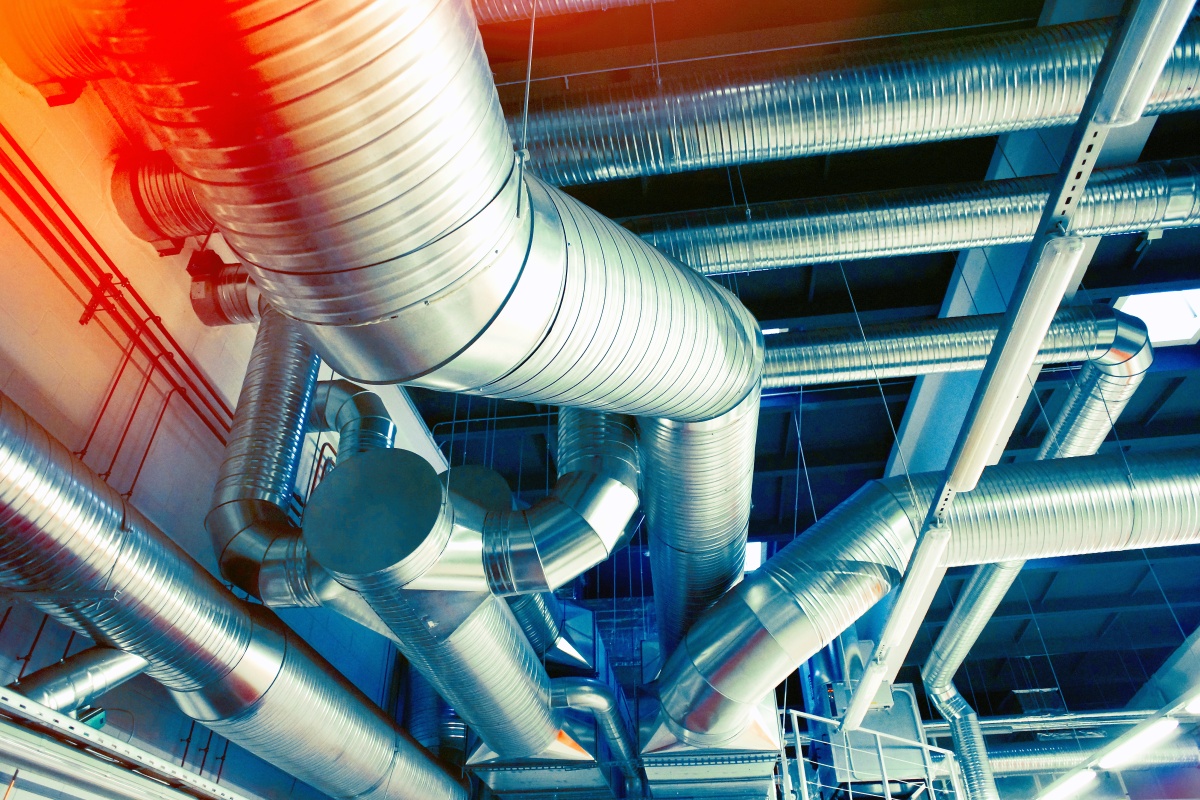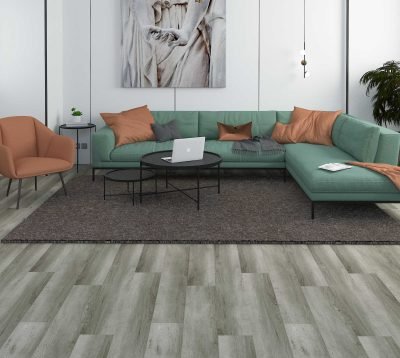The way we heat, cool, and ventilate our homes and buildings is undergoing a remarkable transformation. As concerns about energy efficiency and environmental impact continue to rise, the HVAC (Heating, Ventilation, and Air Conditioning) industry is embracing innovation at an unprecedented pace.
In this exploration of the future of HVAC, we’ll delve into the exciting sustainable and energy-efficient systems like the Trane RunTru that promise to revolutionize the way we control indoor climates, reduce energy consumption, and lessen our carbon footprint.
1. Smart HVAC Systems
Smart thermostats, powered by artificial intelligence and machine learning, are becoming increasingly popular. They learn user preferences, adjust heating and cooling accordingly, and even predict maintenance needs, reducing energy waste and ensuring optimal comfort.
Smart HVAC systems extend beyond thermostats; they encompass a network of interconnected devices that communicate and make real-time adjustments to optimize energy use. This level of automation not only improves comfort but also maximizes energy efficiency.
2. Energy-Efficient Heat Pump Systems
Heat pumps are gaining ground as efficient HVAC solutions. Advances in heat pump technology are making them viable options for both heating and cooling, even in extreme climates. These systems use less energy compared to traditional HVAC systems, making them an eco-friendly choice.
Heat pumps work by transferring heat between the indoor and outdoor environments rather than generating heat. As a result, they can be up to three times more efficient than conventional heating systems, making them a promising solution for reducing energy consumption and greenhouse gas emissions.
3. Solar-Powered HVAC
The integration of solar panels with HVAC systems is a promising trend. Solar-powered HVAC not only reduces reliance on grid electricity but also lowers utility bills. Excess energy can be stored or fed back into the grid, further promoting sustainability.
Solar HVAC systems are particularly advantageous in sunny regions where ample sunlight can be harnessed to power air conditioning and heating systems. They contribute to the reduction of carbon emissions while providing cost savings over time.
4. Geothermal Heating and Cooling
Geothermal systems tap into the Earth’s stable underground temperature to heat and cool buildings. While installation costs can be higher, these systems have low operating costs and can significantly reduce energy consumption over their lifespan.

Geothermal HVAC systems utilize a network of pipes buried underground, which exchanges heat with the earth. This renewable energy source can provide both heating and cooling, making it an eco-friendly choice that can lead to substantial long-term savings.
5. Building Automation and Integration
The future of HVAC systems is closely tied to the Internet of Things (IoT) and building automation. Smart buildings can optimize energy usage by coordinating HVAC, lighting, and other systems. Sensors and analytics provide real-time data for more efficient operations.
Building automation and integration systems enable centralized control and monitoring of HVAC systems, lighting, security, and more. They respond to occupancy patterns and weather conditions, adjusting heating, cooling, and ventilation accordingly, resulting in significant energy savings and enhanced occupant comfort.
6. Sustainable Refrigerants
Traditional HVAC systems use refrigerants with a high global warming potential. This includes a shift toward more eco-friendly refrigerants with lower environmental impact. Hydrofluorocarbon (HFC)-free alternatives are gaining prominence.
These eco-friendly refrigerants have significantly lower global warming potentials and are less harmful to the environment. Their adoption is a crucial step in mitigating the environmental impact of HVAC systems.
7. Zero-Energy Buildings
A growing emphasis on sustainability is driving the development of zero-energy buildings. These structures produce as much energy as they consume. Advanced HVAC systems play a critical role in achieving this balance by minimizing energy waste and utilizing renewable energy sources.
Zero-energy buildings are designed to maximize energy efficiency, utilizing passive heating and cooling strategies, advanced insulation, and energy-efficient HVAC systems. These buildings represent a sustainable future where energy consumption is minimized, and environmental impact is virtually eliminated.
8. Government Incentives
Many governments offer incentives, tax credits, and rebates for adopting energy-efficient HVAC systems. These incentives can significantly offset the upfront costs of upgrading to sustainable HVAC solutions.
Government support is a powerful driver in the adoption of energy-efficient HVAC systems. By taking advantage of these incentives, building owners and homeowners can make environmentally conscious choices that are also economically beneficial.




